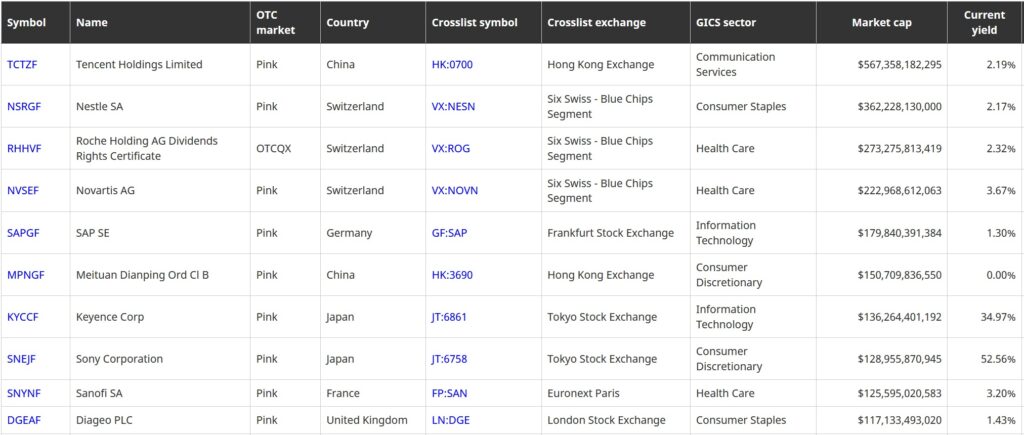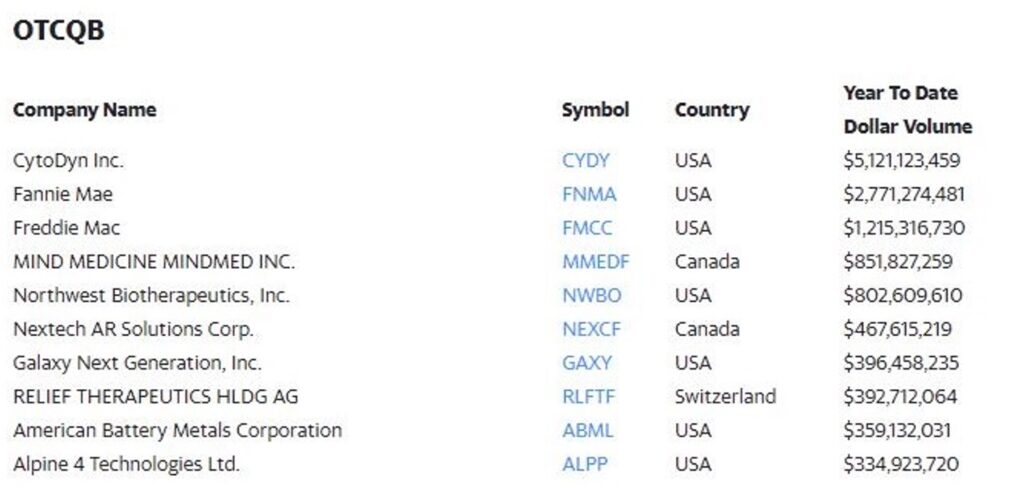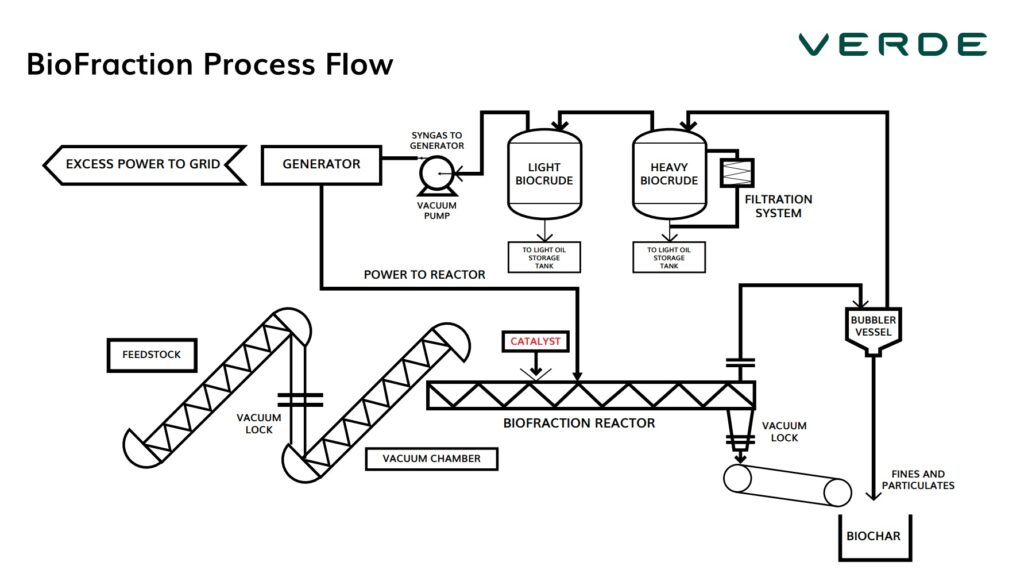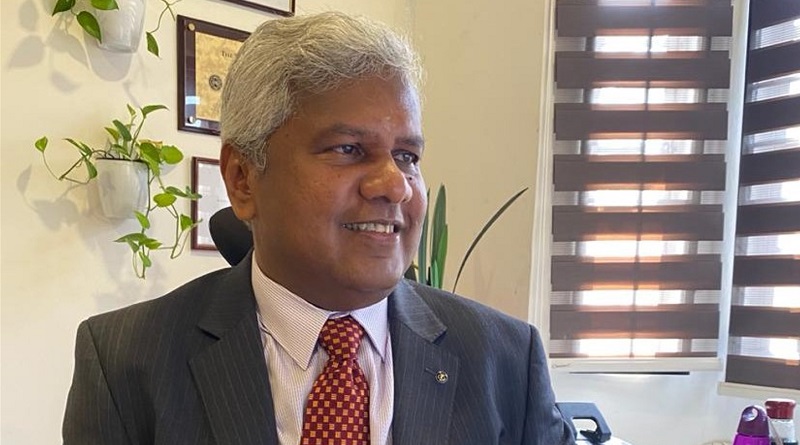The United States’ OTCQB market, also called ‘The Venture Market’, is the middle tier of the over-the-counter (OTC) market for U.S. stocks.
According to Investopedia, the market was created in 2010 and consists mainly of early-stage and developing U.S. and international companies which you can read about here. OTC, in turn, refers to the process of how securities are traded via a broker-dealer network as opposed to on a centralised exchange. OTC trading can involve equities, debt instruments, and derivatives, which are financial contracts that derive their value from an underlying asset such as a commodity.
According to the Motley Fool, OTC markets are where stocks that are not listed on major exchanges such as the New York Stock Exchange or the Nasdaq can be traded. More than 12,000 stocks trade over-the-counter, and the companies that issue these stocks choose to trade this way for a variety of reasons.
The OTCQB marketplace is run through OTC Link, an inter-dealer quotation and trading system developed by OTC Markets Group. OTC Link is registered with the Securities and Exchange Commission (SEC) as a broker-dealer and is also an alternative trading system (ATS). OTC Link enables broker-dealers to not only post and disseminate their quotes, but also negotiate trades through the system’s electronic messaging capability.
There are some household names of innovative companies on the OTC market. A list of OTC traded common stocks of foreign companies, as outlined by Stock Market MBA, is as follows:

Meanwhile, on the OTCQB, list is as follows:

An OTCQB company that BizVantage had previously reported about is Verde Resources Incorporated (Verde), a Nevada USA corporation listed on the OTCQB market.
Verde has an interesting business direction: The company intends to recycle palm oil waste into renewable resources. According to data from the Malaysian Palm Oil Board, 20.6 million tons of empty fruit bunch (EFB) was discarded by the palm oil mills of Malaysia in 2019. In Indonesia, the estimate was higher, at 59.5 million tons of discarded EFB.
Verde Resources’ innovative approach to carbon sequestration
Verde recently raised $3.1 million (RM13 million) seed funding, a significant commitment towards its green initiative vision. Amongst others, it involves establishing a business office in Seattle, and a processing facility in Missouri.
“Verde Resources understands the importance of converting palm biomass as part of a progressive approach towards carbon sequestration and reducing greenhouse gases,” said Verde President Balakrishnan Muthu (main pic) in a statement. “While we are not claiming to provide a one-size-fits-all solution, we have successfully converted palm waste into by-products of high value that would meet that objective.”
Earlier this year, Verde Resources had announced the acquisition of innovative BioFraction technology. This technology involves an advanced proprietary, modified catalytic vacuum pyrolysis, and temperature controlled thermochemical process which converts palm waste into four renewable byproducts; biochar, bio-oil, bio-syngas and wood vinegar.
“We will soon provide our input to the USDA, and we are very convinced that Verde would be able to create new downstream American manufacturing jobs with our initiative,” said Balakrishnan.
When wood vinegar is applied to biochar, it activates the biochar, and when reintroduced back into the earth, the biochar becomes a sustainable form of carbon sequestration and an economical way to improve cropland. Research conducted with activated biochar during Verde Resources’ pilot project in Borneo displayed impressive results, successfully converting an acre of wasteland into an eggplant producing farm.
Biochar is regarded as a resourceful soil amendment that improves soil pH, reduces erosion, improves water retention, provides a host for microbial activity and improves crop size. Environmental experts such as Mark Hertsgaard, in an article published at the Yale School of The Environment, advocates that adding biochar to 10% of global croplands could sequester the equivalent of 29 billion tons of CO2.
The Paris Agreement, a global framework climate initiative, has the main objective of addressing global warming. The primary solution mentioned in the agreement is carbon capture and storage, which is a fundamental strategy for meeting CO2 emission reduction targets.
“Aligning with the agreement is an executive order signed by President Biden, which specifically lays out action for federal agencies to mitigate climate change, it includes direction for USDA to collect input from stakeholders towards strategies that address climate-smart agriculture and forestry. Opportunities to create large scale carbon banks in agriculture which reduce greenhouse gas emissions will be an integral part of the Biden administration’s infrastructure and climate plan. Both plans focus on green energy and decarbonisation.”
Granted, it may only be a partial solution to a complex issue, the simple concept of capturing carbon as a solid form and recycling it back into the earth will help mitigate climate change.
With progressive approaches of adding biochar across U.S farmland, which both addresses global warming while simultaneously bolstering crops, Verde Resources is paving the way, going green and beyond, while offering alternative solutions to the world’s climate issues.


